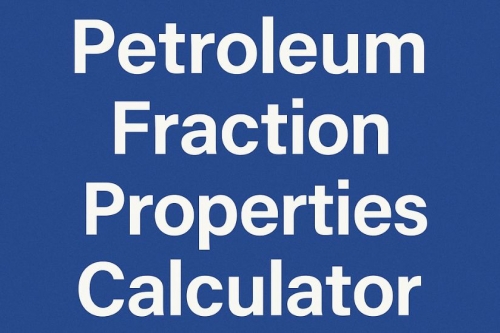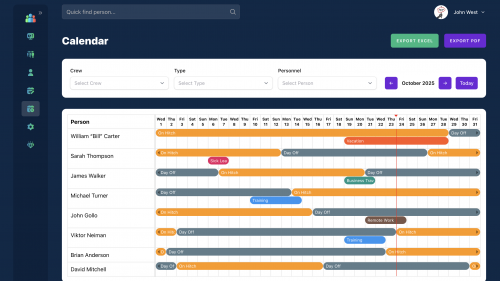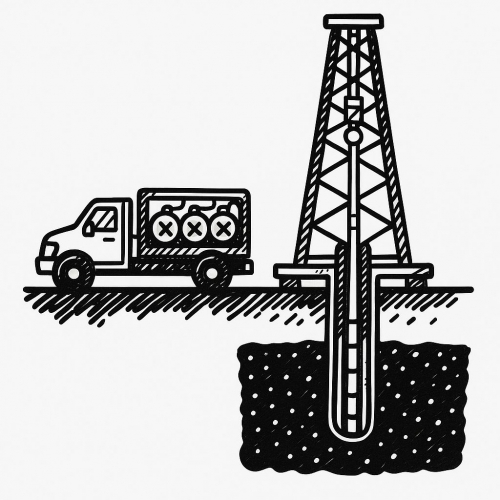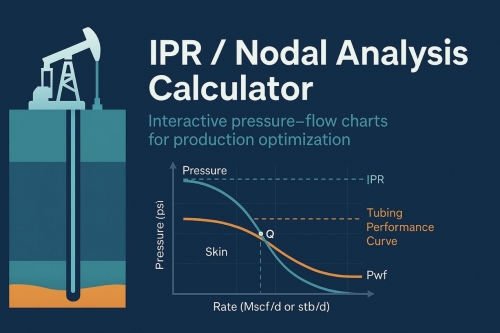Drilling is the most visible of the many faces of the oil industry and may represent up to 40% of the entire exploration and development costs (Cunha 2002) of a field. Drilling engineers play a major role in well planning, not only designing the well but also recommending efficient and safe drilling procedures for routine rig operations such as drilling-fluid treatment, pump operation, bit selection, drilling parameters, and casing and cement programs. Drilling engineers also are responsible for preparing contingency plans that will be used in case any problems are encountered during the drilling operation. This entire process, which should be carried out taking into consideration safety and environmental constraints and regulations, must ultimately be as effi cient and inexpensive as possible.
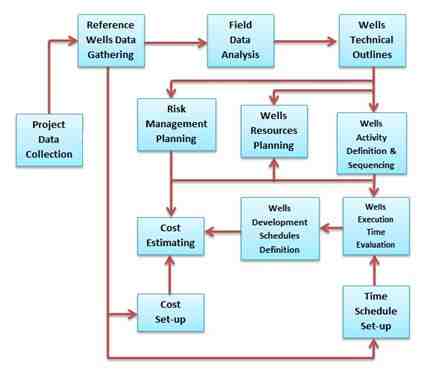
The final cost of a well depends on many factors, but clearly good well planning represents a major step toward cost-efficiency. In addition, the drilling team should be attentive during well drilling to keep track of the development of operations and promptly act if changes are needed. In this section, we will discuss existing methods for drilling cost analysis as well as ways to optimize costs during drilling operations.

%20(1).png)
